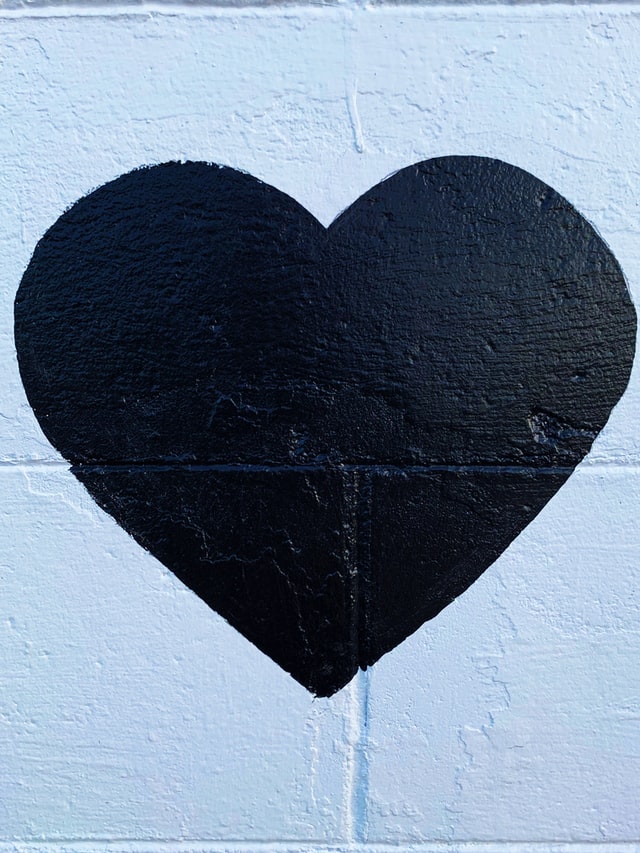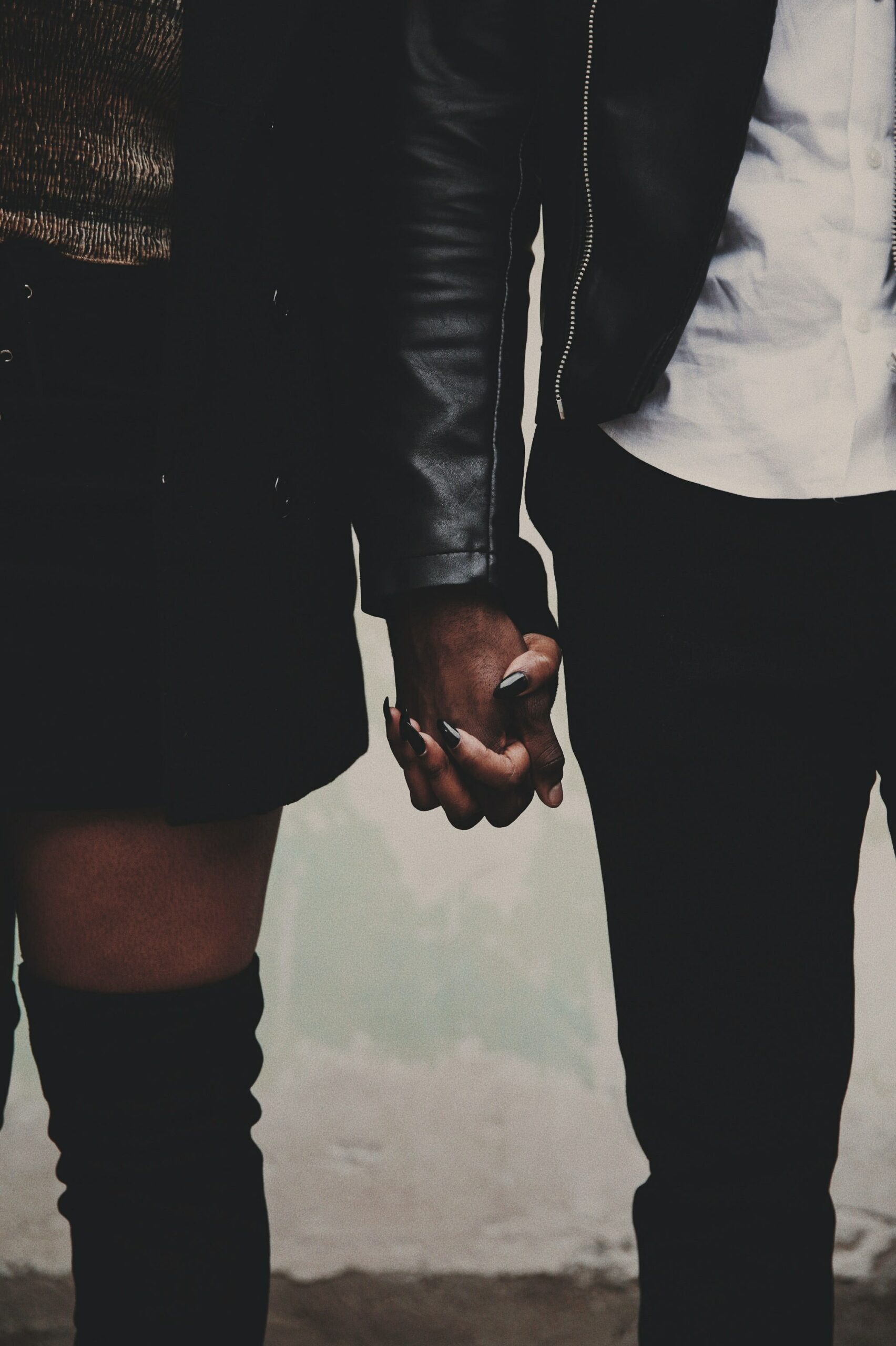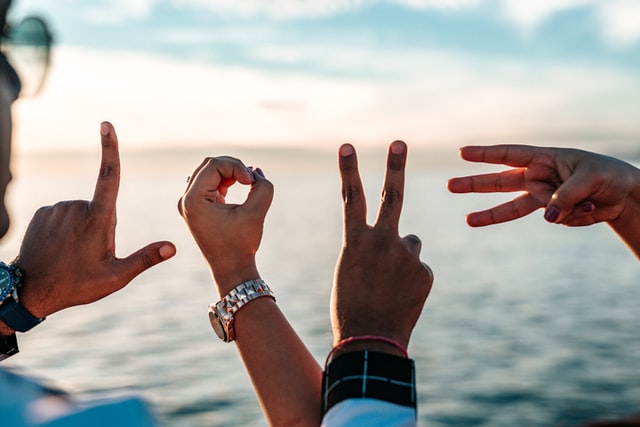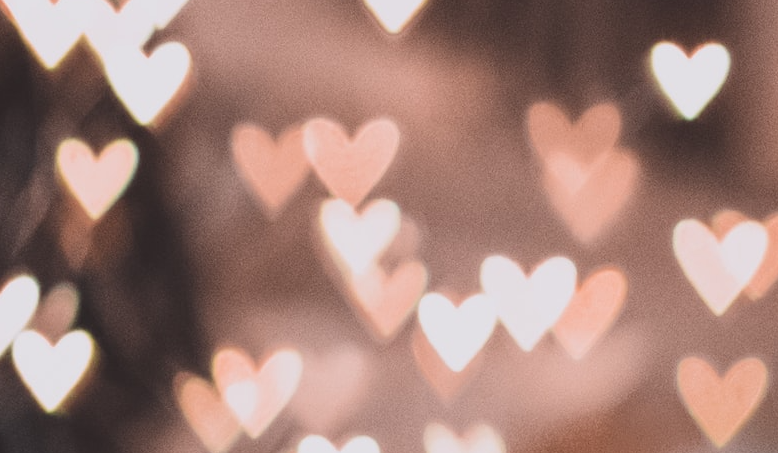How many of you have been in this position: you can’t eat, you can’t sleep, you can’t even study. You find yourself daydreaming, lost in thought, constantly distracted in class. You’re using social media way more than usual. You walk in a room and find yourself looking left and right hoping to find a certain person. If you’re the confident type or you know the person, you might approach them. If you’re a little on the shy side, you might give an awkward smile and wave before rushing to your seat, burying your head in your book and pretending to study whilst you secretly think about that person. Your heart racing, your face rosy and blushing.


I’ve been there–many times. Those were the best of times, and the worst of times. Times where I felt the joys of romantic feelings. Times where I felt the despair of unrequited love. This is something that happens to all of us, especially when you’re at university.
But how does romantic relationships affect our well-being, our inner lives, and does our culture make a difference? I’m a bit of a nerd and I read journal articles. What I found was interesting, and a little surprising…
Romantic Relationships and Mental Health of College Students


The journal article I read was based off of a study conducted by Florida State University professors. They wanted to test the hypothesis that, similar to married individuals, college students in committed relationships experience greater well-being compared to single college students. In terms of physical health, there were no significant differences. However, when it came to mental health, individuals in a committed relationship had fewer mental health problems.
Of course it’s not clear cut. Maybe those with greater well-being are more likely to have romantic relationships. Maybe the reverse is true. Maybe it’s both. Also, we should keep in mind that not all relationships are the same. And our very idea of romance varies by culture.
Culture: my love and your love are different


If I told you that your thoughts and behaviours can change your emotional experience of love would you believe me?
I can already hear the objection – all emotions have a biological basis. So everyone should feel the same sensations of love and simply interpret them differently.
However, I came across another article which blew my mind. It was written by two Yale professors who researched whether the emotional experience of love is contextually bound.
What they found was that not only do different cultures have different emotional responses to the experience of love, but also that some cultures had ideas of love which had no romance at all. In the article they cited the example of the difference between US and Chinese culture. In the US, individualism is prized: hence love tends to be exploratory. Chinese culture prized social relations and hence emotional expression is not as important.
What does love mean to you?
Next time someone says they love you, ask them “what do you mean?” You may be surprised by the answer.


